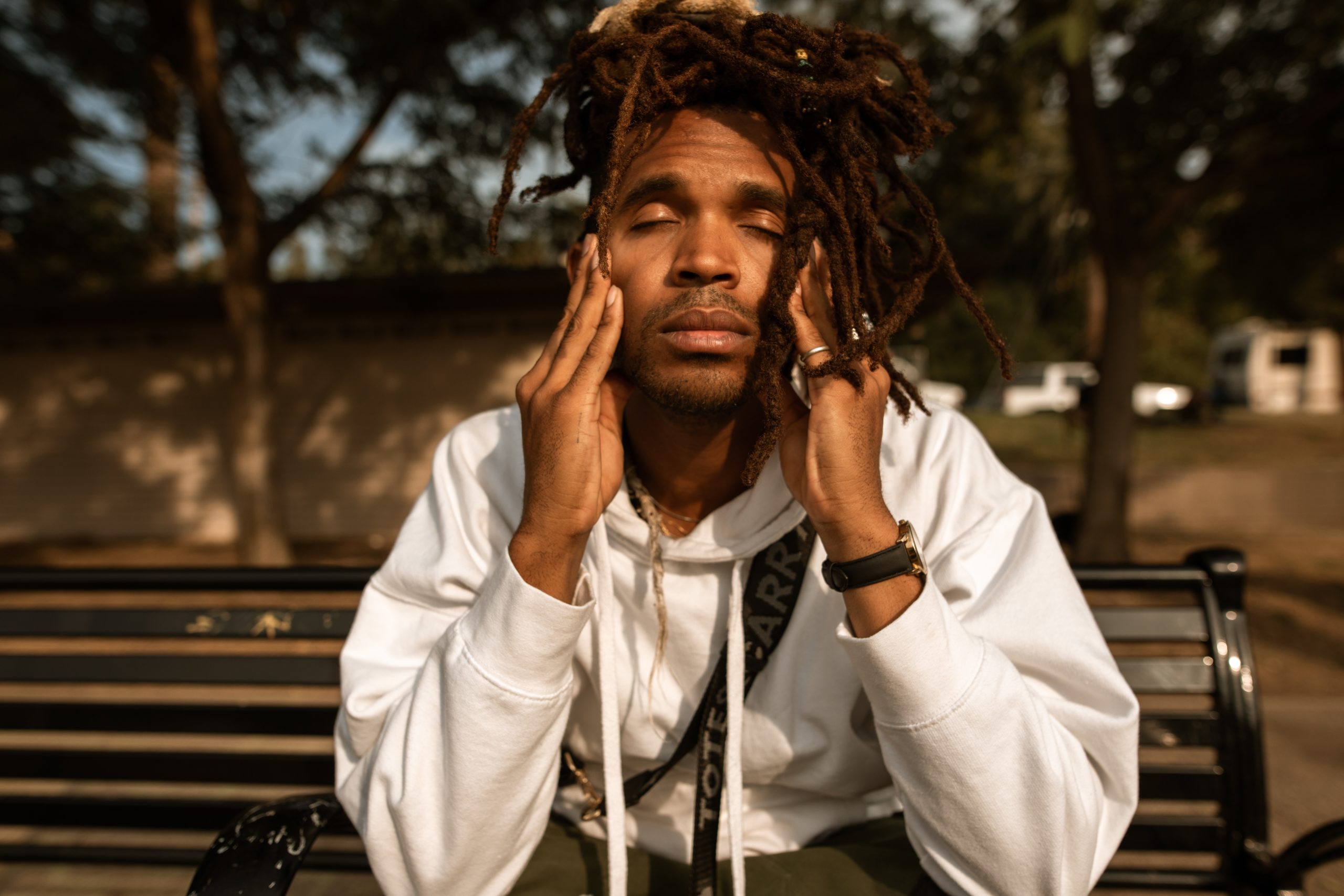I vividly remember my morning alarm going off and as I sat up in bed, the stomach pains began to intensify. Deep in the pit of my stomach, there was this heaviness. This happened day after day in college. Eventually during the day, the discomfort would subside, but I never really found out why that was. If I had to guess, it would be that the pain went away as I got through the tasks that I anticipated would be stressful.
As a high school student, I went through a period of depression so mental health issues weren’t exactly new to me, but I thought I had overcome that phase of my life. I soon learned, that not only was I not done with mental health struggles, but that a brand new one would make itself known.
I didn’t know it at the time, but the stomach pains were my body’s way of signaling that something else was going on with my mental health. It turned out to be anxiety. Many years later I learned that anxiety can cause physical symptoms like stomach pain.
Nonetheless, I went through my collegiate days masking what was going on. Not only to others, but to myself.
You see, depression was an exceptionally difficult, deeply painful period in my life, and I wanted to move past it without looking back. I had once felt controlled by it and I was eager to be back in the driver’s seat. I thought if I could so-to-speak “rip the band-aid off” by getting the help with depression and taking all the steps like therapy and medication, that I would be healed for good (and as fast as possible).
I didn’t want to believe that I still wasn’t fully healed or that something was wrong with me, again. I compartmentalized the depression to fit into this box in my life that once existed but was now “safely” tucked away.
For all I know, I had anxiety before the depression, or maybe it really was the other way around. It’s a chicken and egg situation. And while the nerd in me is totally fascinated by the possibility of a link between having both depression and anxiety (a few studies have been done on this), I’m mostly concerned about feeling good and staying healthy through self-awareness and holistic self-care.
Can anxiety cause stomach pain?
“There’s a clear connection between the brain and our emotions and how our body feels. Realizing that your abdominal pain always crops up around moments of fear, stress, or anxiety can help you figure out that your emotions are behind the discomfort.”
Jacqueline Sperling, Ph.D., a clinical psychologist and director of training and research the McLean Anxiety Mastery Program, as told to SELF.
I had no idea about any of this when the stomach aches first started happening, but as I learned more about mental wellness through the years, it made total sense that the morning discomfort in college was because of how much stress and anxiety I had about school.
I recently learned that there’s actually an emerging term called “second brain,” which is used to describe the gut’s impact on other areas of the body, including your mood and mental wellness.
“Scientists call this little brain the enteric nervous system (ENS). And it’s not so little. The ENS is two thin layers of more than 100 million nerve cells lining your gastrointestinal tract from esophagus to rectum. … Researchers are finding evidence that irritation in the gastrointestinal system may send signals to the central nervous system (CNS) that trigger mood changes.”
Source: “The Brain Gut Connection” as shared on hopkinsmedicine.org.
So long story short, yes, it would seem that anxiety can cause stomach pain.
Summing it up:
- Stress and anxiety can impact your body with different signals so pay attention.
- While science is busy studying these links, don’t ignore your intuition. If you literally or figuratively, feel something strongly in your gut, follow that.
- There’s no need to mask emotional or physical pain. Ignoring it will only prolong healing.
Remember, I’m not a doctor so please don’t take any of this as medical advice, but rather ask your doctor if you’re experiencing unusual issues and/or not feeling yourself.

